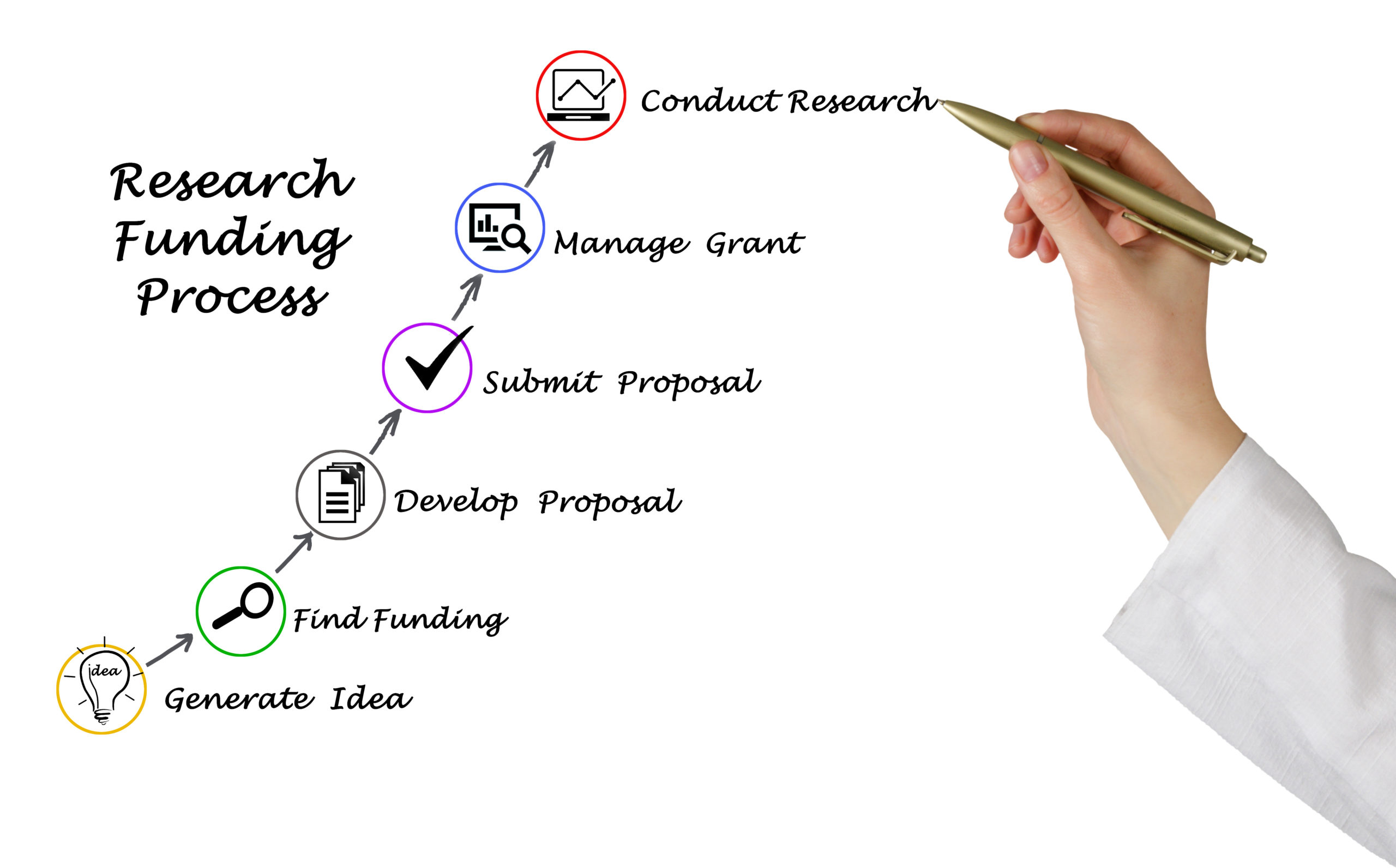Considering the importance of policy papers for better implementing the #EUSDR, in 2017 and 2018, Priority Area 7 – Knowledge society, jointly coordinated by Serbia and Slovakia, elaborated position papers to support research and innovation, remuneration gaps for researchers and EUSDR embedding post 2020.
Adopted in 2017, the Position Paper on Promoting Research and Innovation for the Danube Region in the upcoming EU-funding period after 2020 Position Paper on Promoting Research and Innovation for the Danube Region in the upcoming EU-funding period after 2020 includes recommendations for mitigating the research and innovation divide within the macro-region.
In the following year, PA 7 Steering Group member states, except for Austria and German Federal, the states participating in Danube Transnational Programme issued the Position Paper of PA7 on Reducing remuneration gaps for researchers’ in the upcoming EU-funding period after 2020. The document provides more practical-level recommendations on a new remuneration system of the researchers, which foresees using an optional minimum hourly rate by Danube Strategy participating countries with the aim to reduce the remuneration gaps among countries.
As time and experience confirmed it, only a comprehensive approach addressing all available funding instruments can lead the EUSDR activities to success and bring significant development for the whole region. In 2018, based on the lessons learnt, #EUSDR Priority Area 7 – Knowledge society, Priority Area 8 –Competitiveness of Enterprises and Priority Area 9 – People and skills adopted a joint policy paper, Joint Proposal of PA7, 8 and 9 on the Better embedding of the EUSDR’s prosperity pillar into suitable funding instruments within the new MFF (2021-2017). The document calls on the respective Partner States and the European Commission to consider the lessons learned and embed the EUSDR into all suitable funding instruments and open harmonized and joint call for proposals for the programming period 2021-2027.
By publishing these position papers, PA 7 focused on main areas where synergies could be activated in order to address the common challenges faced in the Danube Region.
Photo: Shutterstock




